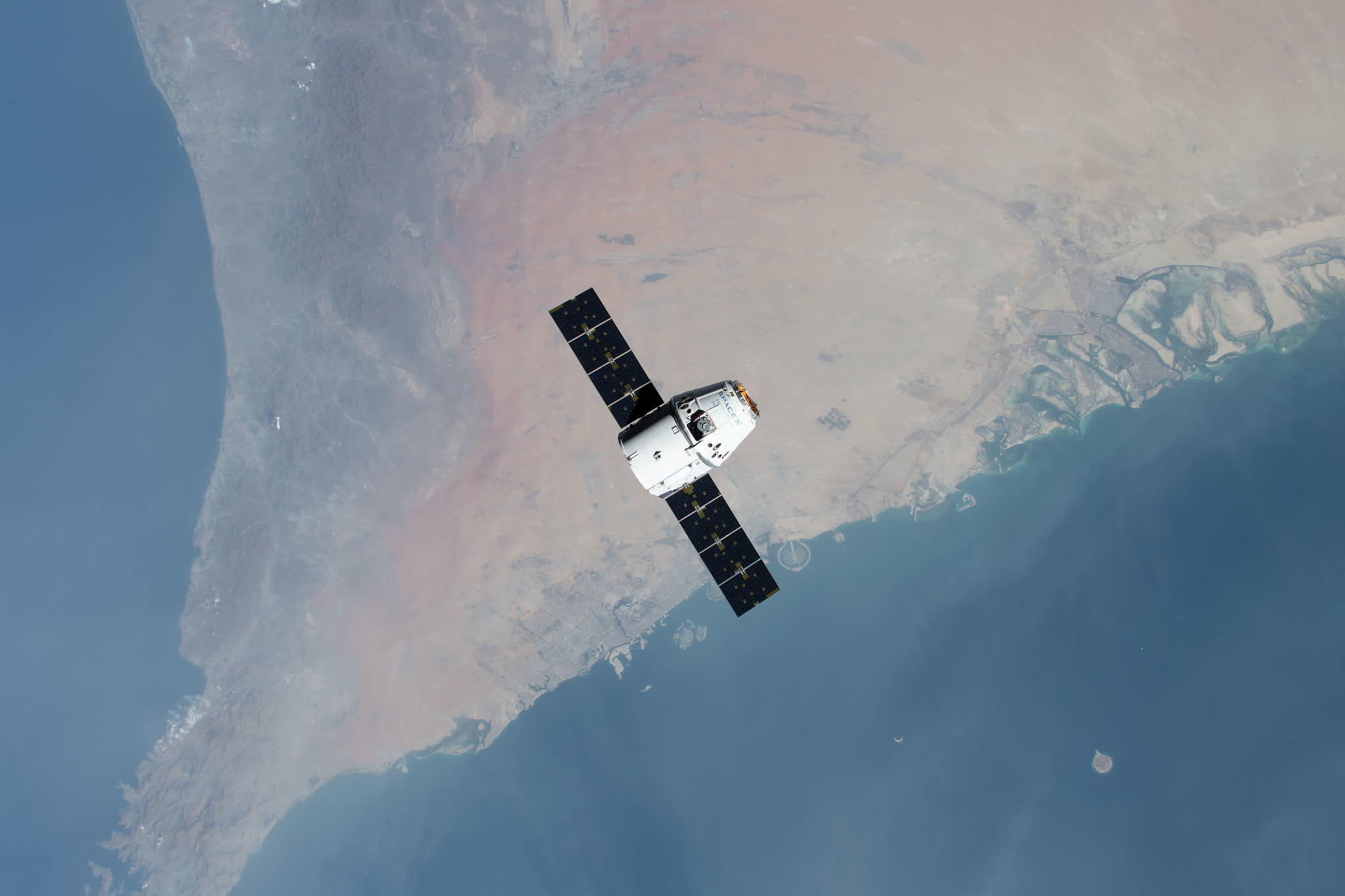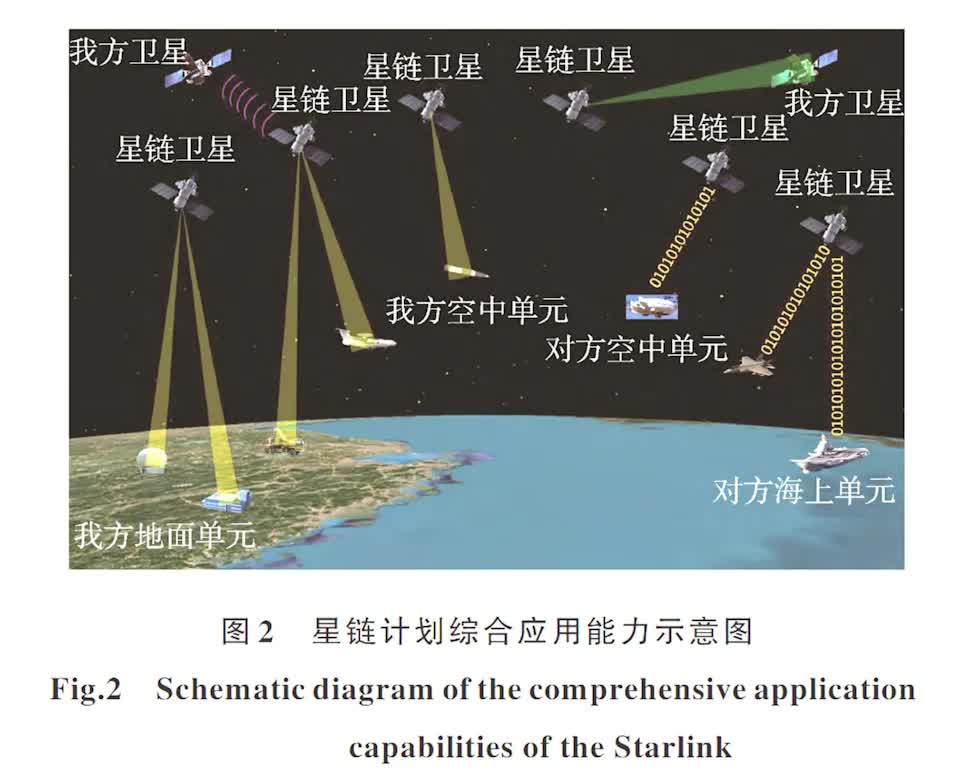WTF?! Chinese military researchers are concerned about the potential threat posed by Space X's Starlink satellites and have urged the country to develop ways of destroying or disabling them. The news comes soon after CEO Elon Musk was threatened by the head of Russian space agency Roscosmos over the Starlink terminals that have been sent to help Ukraine.
PCMag reports that China's Modern Defence Technology journal published a paper last month warning of the potential dangers posed by Starlink satellites. The study was led by Ren Yuanzhen, a researcher with the Beijing Institute of Tracking and Telecommunications under the PLA's Strategic Support Force, and was co-authored by several senior scientists in China's defense industry, writes the SCMP.
"While [Starlink] is booming and also because of its huge comprehensive application potential, it has brought hidden dangers and challenges to our country," the paper reads. "A combination of soft and hard kill methods should be adopted to make some Starlink satellites lose their functions and destroy the constellation's operating system."
Some of the potential military applications of Starlink suggested by the researchers include allowing drones and stealth fighter jets to increase their data transmission speeds by more than 100 times. The satellites could also offer online connectivity to troops in the field, take out high-value targets in space using their ion thrusters, and carry military payloads, according to the paper.
SpaceX has signed a contract with the US Defense Department to develop instruments that can detect and track hypersonic weapons, something else that is worrying China.
Ren says that China needs to adapt its military strategies to counteract Starlink satellites. It is already working on microwaves that can jam satellite communications or burn components, and lasers for damaging or blinding them. Ren did rule out the use of missiles given the debris this method would produce and the number of Starlink satellites: over 2,000 right now, with plans to expand to over 30,000.
China has launched its own Starlink equivalent, called Xing Wang, or StarNet, for offering internet access in remote locations.
Back in December, China complained to the United Nations Office for Outer Space Affairs over claims that a Starlink satellite almost hit its space station.
After SpaceX boss Elon Musk was threatened by Dmitry Rogozin, the head of Russian space agency Roscosmos, over the Starlink terminals sent to help Ukraine, the world's richest man tweeted: "If I die under mysterious circumstances, it's been nice knowin ya."

